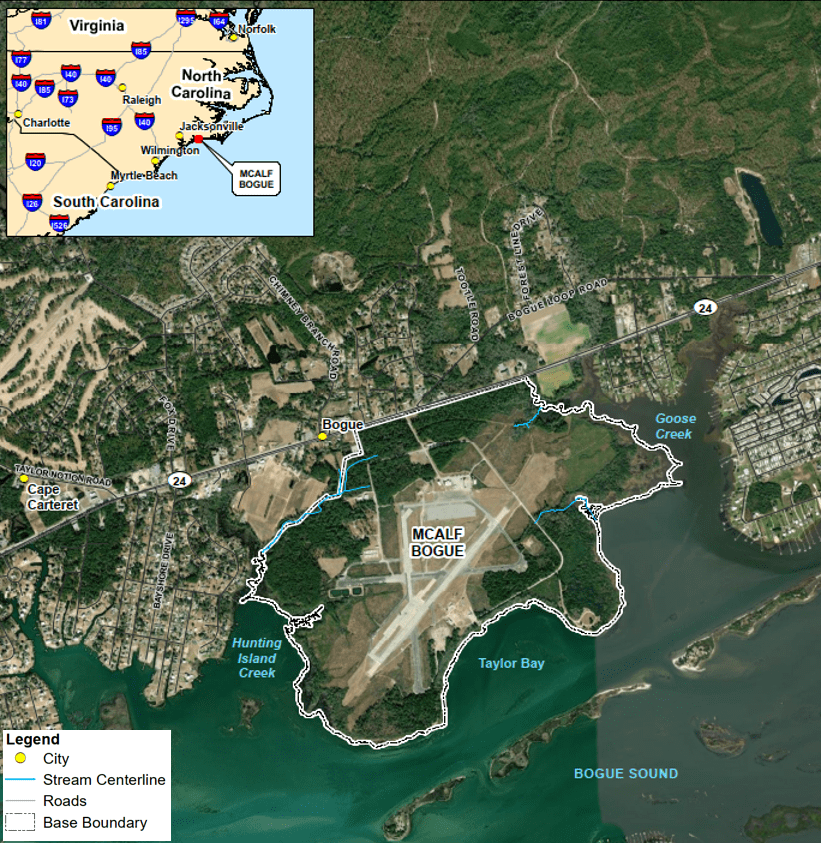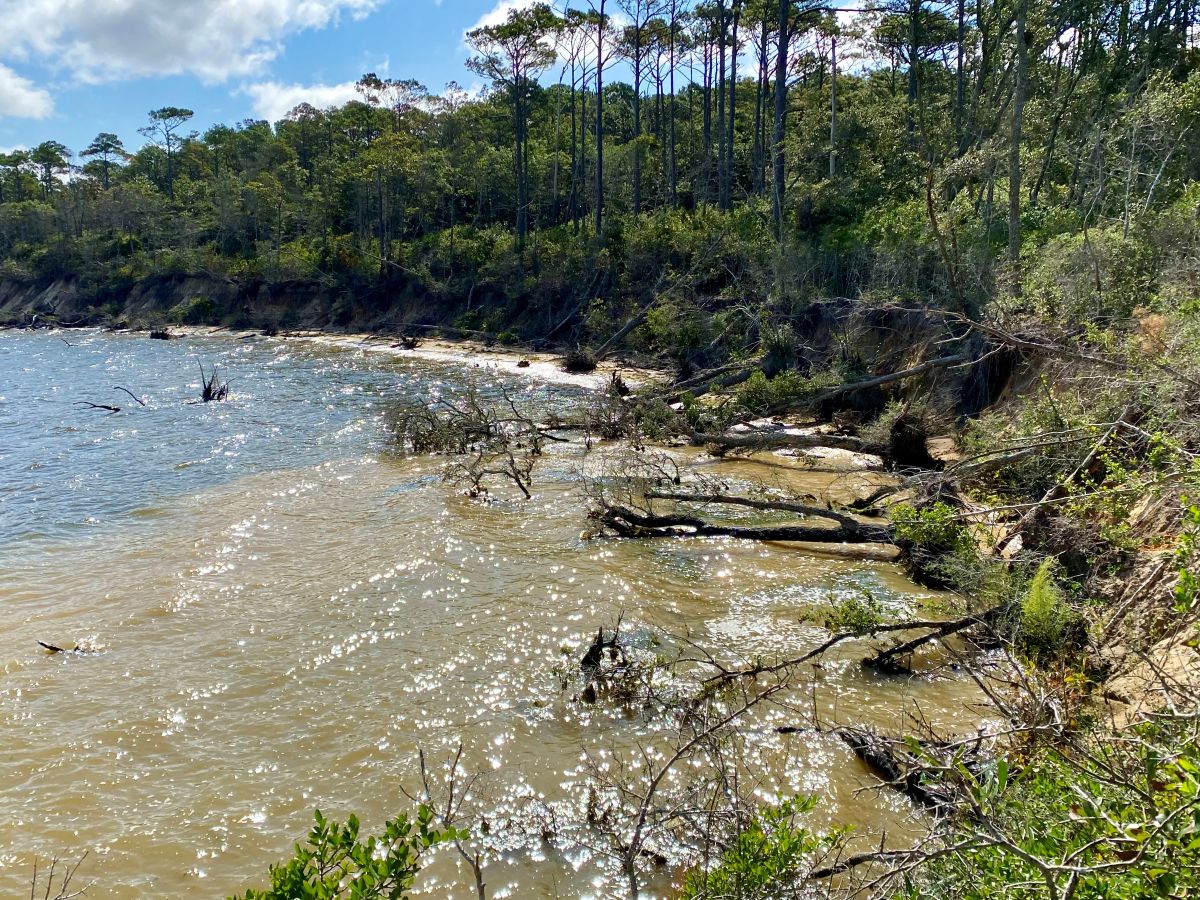This story has been updated
President Joe Biden signed Wednesday a sweeping executive order that addresses climate change, environmental justice and when possible, pauses new oil and natural gas leases on public lands or offshore waters.
Supporter Spotlight
The order, which elevates climate considerations as an element of U.S. foreign policy and national security, directs the Department of Interior to launch a review of all existing leasing and permitting practices related to fossil fuel development on public lands and waters and identify steps to double renewable energy production from offshore wind by 2030.
The targeted pause does not impact existing operations or permits for valid, existing leases, which are continuing to be reviewed and approved. The order does not restrict energy activities on private or state lands, or lands that the country holds in trust or restricted status for Tribes or individual Indians, according to the Department of the Interior.
Conservation and environmental groups praised the move.
“Oceana applauds the president’s bold action to halt new offshore oil and gas leasing. More drilling means more climate pollution that we simply cannot afford. Climate change is already wreaking havoc on our lives and livelihoods and it’s a relief to see President Biden putting solutions to the climate crisis first,” said Diane Hoskins, campaign director at Oceana, in a statement. “President Biden’s actions are a win for the health of our ocean, our economy and our climate. We look forward to working with the Biden-Harris administration to permanently move away from dirty and dangerous offshore drilling toward clean, renewable energy sources like offshore wind.”
Oceana released an analysis this week that shows ending new leasing for offshore oil and gas could prevent over 19 billion tons of greenhouse gas emissions and more than $720 billion in damage to people, property and the environment.
Supporter Spotlight
The president’s executive order also directs federal agencies to eliminate fossil fuel subsidies and promote opportunities for innovation, commercialization and deployment of clean energy technologies and infrastructure.
Phil Francis, chair of the Coalition to Protect America’s National Parks, called the move a step forward in protecting parks and public lands, tackling climate change and fixing the “broken” oil and gas leasing system.
“Additional steps, such as well-reasoned regulations and policies, will be needed to reduce overall greenhouse gas emissions and have a measurable effect at slowing the well-documented impacts of climate change on park resources,” Francis said.
The Southern Environmental Law Center in a statement said that while this is a positive step, the move falls short of expectations that the Biden administration will enact long-lasting or permanent protections for the Atlantic Ocean and the hundreds of municipal economies that depend on it.
“Any step that shields the Atlantic Ocean from risky offshore drilling is a step in the right direction. However, what coastal communities need are much larger strides that will protect the Atlantic coast permanently. We are committed to working with coastal communities and the Biden administration to realize that goal,” Senior Attorney Sierra Weaver, leader of the organization’s Coast and Wetlands Team, said.
Advocates of offshore drilling said the president’s action would hurt the American economy and merely shift production to other countries, such as Russia.
National Ocean Industries Association President Erik Milito said in a statement that the decision to establish a one-year moratorium of new oil and gas leasing puts America on a path toward increased imports from foreign nations that have been characterized as “pollution havens.”
“Any pause of American energy opportunities will do untold harm towards American economic, energy and environmental progress. Reducing American offshore oil and gas development means lost jobs, increased greenhouse gas emissions and less funding for outdoor parks and recreation activities for urban, underprivileged communities. There is no shortage of negative consequences from this leasing pause,” he said.
Environmental justice
To prioritize environmental justice, the order directs federal agencies to develop programs, policies and activities to address the disproportionate health, environmental, economic and climate impacts on disadvantaged communities.
The order creates a White House Environmental Justice Interagency Council and a White House Environmental Justice Advisory Council to address current and historical environmental injustices, including strengthening environmental justice monitoring and enforcement through new or strengthened offices at the Environmental Protection Agency, Department of Justice and Department of Health and Human Services.
The order creates a government-wide Justice40 Initiative with the goal of delivering 40% of the overall benefits of relevant federal investments to disadvantaged communities and tracks performance toward that goal through the establishment of an environmental justice scorecard.
The order initiates development of a Climate and Environmental Justice Screening Tool, building off EPA’s EJSCREEN, to identify disadvantaged communities, support the Justice40 Initiative, and inform equitable decision making across the federal government.
Conservation, agriculture
The order also sets a goal of conserving at least 30% of U.S. lands and oceans by 2030 and directs the agriculture secretary to collect input from farmers, ranchers and other stakeholders on how to use federal programs that encourage using climate-smart agricultural practices.
It creates a Civilian Climate Corps Initiative, an avenue for a new generation of Americans to work in conservation and restoring public lands and waters, increase reforestation and carbon sequestration in the agricultural sector, protect biodiversity, improve access to recreation, and address the changing climate.
“What better way to put millions of Americans to work and build back better than by restoring our forests, grasslands, wetlands, and coastal areas to bolster resilience, sequester carbon, and recover imperiled wildlife populations through a revitalized 21st century Civilian Conservation Corps and a commitment to restore 30% of our lands and waters by 2030?” said Collin O’Mara, president and CEO of the National Wildlife Federation, in a statement.
Foreign policy, national security
The order establishes climate considerations as an element of U.S. foreign policy and national security. It calls for the U.S. to be a leader in implementing and building on the Paris Agreement’s objectives and begins the process of developing the country’s emission-reduction target under the Paris Agreement.
The president is set to host a climate summit on Earth Day, April 22, and the United States will reconvene the Major Economies Forum that President Obama created in 2009.
Also, the president created a new position, special presidential envoy for climate, which will have a seat on the National Security Council, to work toward integration of climate considerations across a range of international forums.
The order directs the director of National Intelligence to prepare an estimate on the security implications of climate change, the State Department to prepare a package to the Senate for the Kigali Amendment to the Montreal Protocol phasing down hydrofluorocarbons — potent greenhouse gases — and all agencies to develop strategies for integrating climate considerations into international work.
The order establishes the White House Office of Domestic Climate Policy, led by the first national climate adviser and deputy national climate adviser, to coordinate and implement the president’s domestic climate agenda.
The order creates a National Climate Task Force with representatives of 21 federal agencies and departments and establishes an Interagency Working Group on Coal and Power Plant Communities and Economic Revitalization. It directs federal agencies to coordinate investments and other efforts to assist coal, oil and natural gas, and power plant communities.
The order also directs federal agencies to use carbon pollution-free electricity and clean, zero-emission vehicles and develop resilience plans.
Steve Melink, ForbesBooks author of “Fusion Capitalism: A Clean Energy Vision For Conservatives,” and founder/CEO of the Ohio-based Melink Corp. which looks at renewable energy solutions for the commercial building industry, told Coastal Review Online that it’s clear with each executive order that the Biden administration is working to address climate change and create a clean energy economy of the future.
“President Biden is putting the climate crisis front and center in U.S. domestic and foreign policy considerations,” Melink said.








